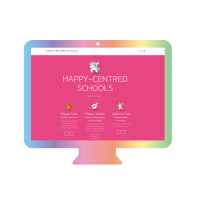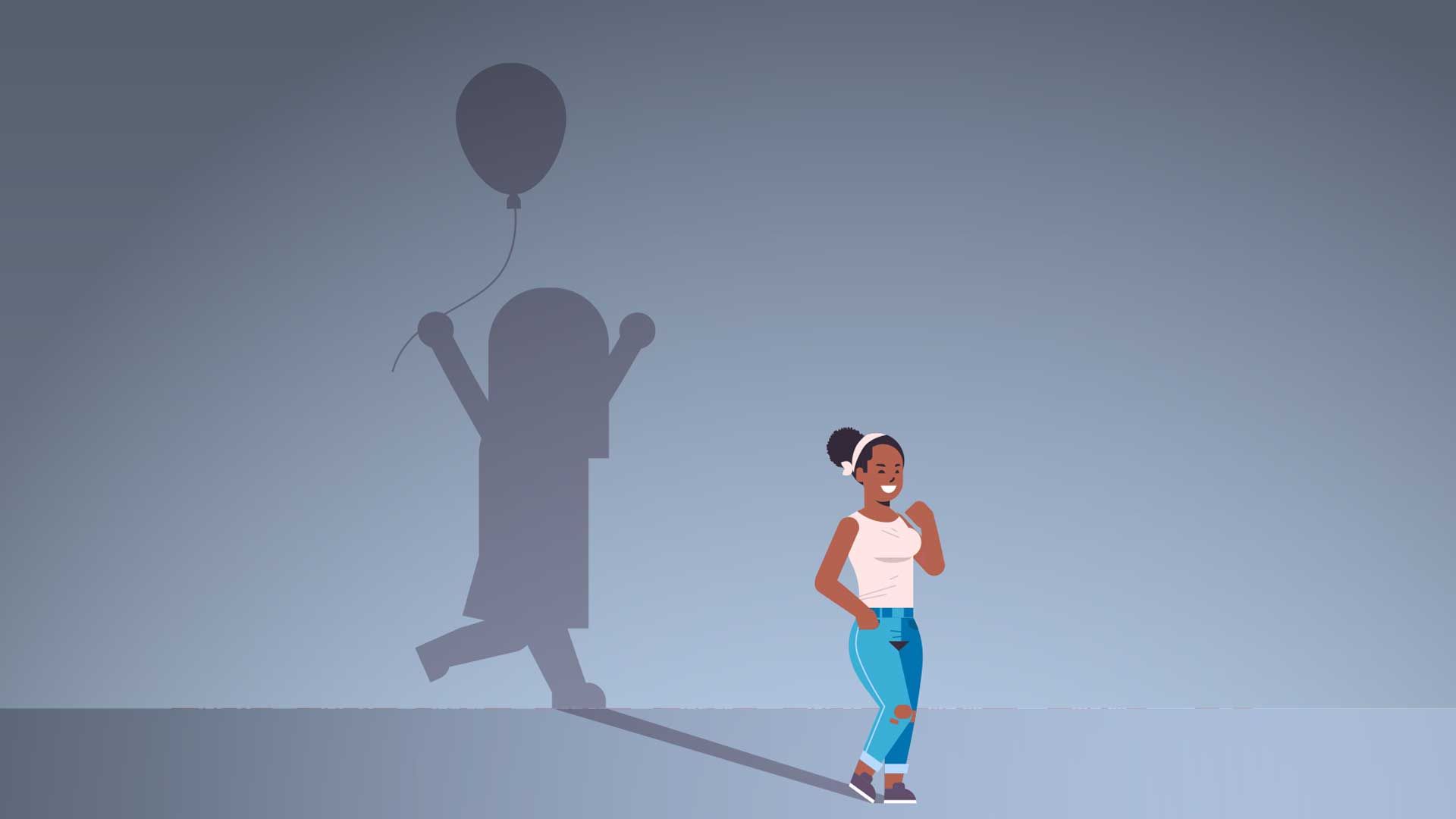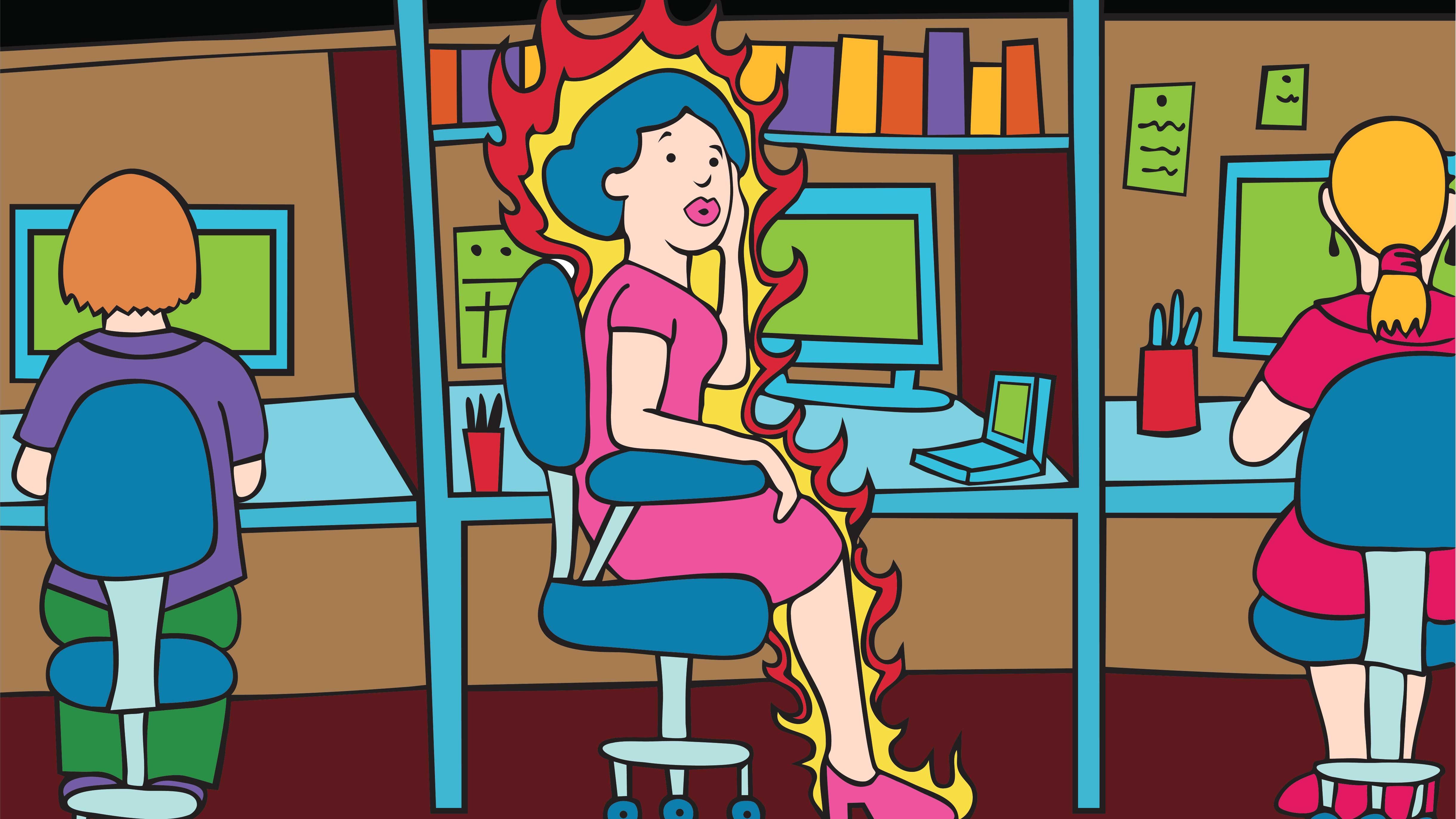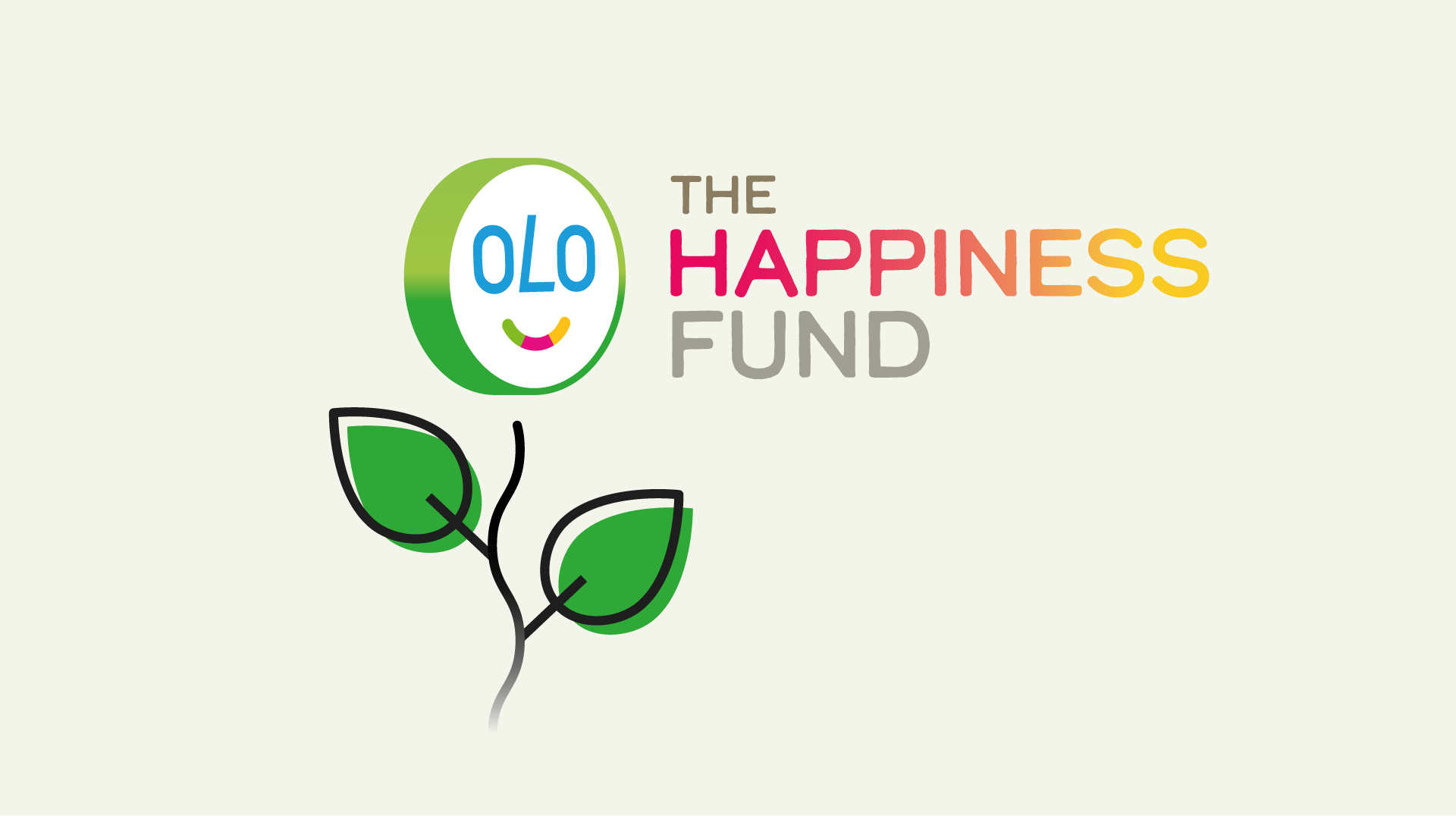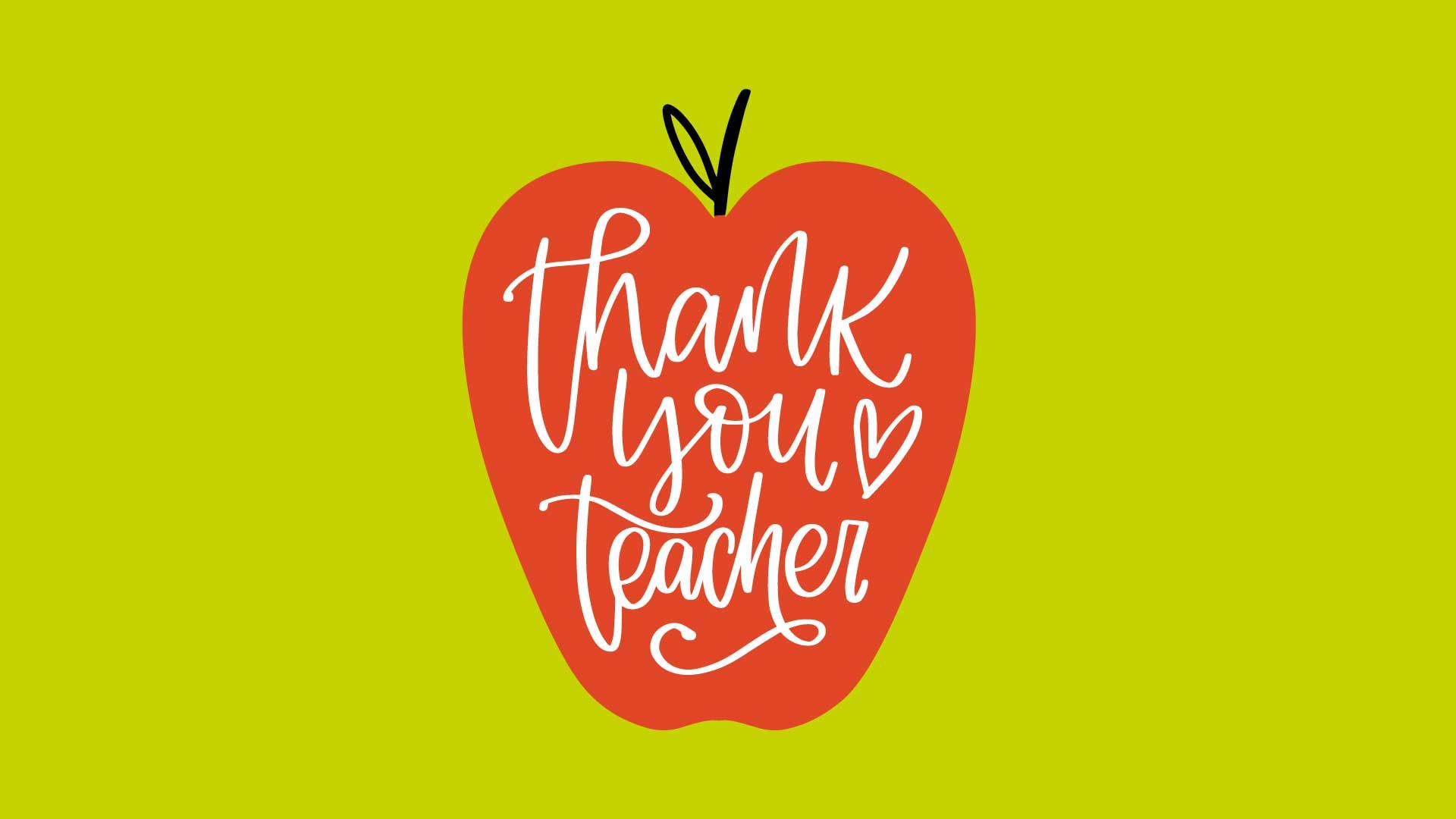The importance of humour and laughter in schools - go on, have a giggle

The start of the new school year is often fraught with challenges. Getting to know your new class, managing parental expectations and trying not to pine after those long summer days. Humour and laughter often feature at the very bottom of your endless to-do list. But it’s actually more important than you think, for both you and your pupils.
So if you’re falling flat on your face, go on, have a giggle.
Start as you mean to go on
At the start of a new academic year, you have a choice.
You can be the senior leader, teacher or teaching assistant who puts on their serious cloak every day – deciding not to smile until Christmas and refusing to give an inch of personal information away to the kids.
Or you can skip into the school playground wearing a daisy chain, throwing baskets of petals and smiling at all those adorable young people as you go.
Or you can opt for something in between.
Whatever your default has been in the past, now’s the perfect time to make a conscious decision about the kind of teacher you want to be moving forwards. In particular, how you’ll react the next time something goes wrong – either metaphorically when a lesson goes belly up, or literally when you do.
Going bottom over boob
Ever gone bottom over boob in front of a class of children? Of course you have. But the real question is, what did you do then?
- Deny all knowledge
- Try to style it out
- Join in with all of the sniggers - despite your aching bum cheeks, burning face cheeks and dented pride?
If you went with options A or B, you might want to rethink for the next time something happens. Because, writing as someone who’s fallen over in front of a whole hall full of kids, it will.
Here’s why laughing at yourself and with others helps.
Building stronger relationships
As a teacher, you take your ‘in loco parentis’ role very seriously, and rightly so. It means that, while in your care, you’re responsible for the wellbeing and safety of your pupils. Of course, you can’t act like every parent, as it would take 30 different styles each lesson, but you can think about how the majority of parents might react to certain situations and emulate it.
For example, what do you do when you’re in the middle of a phonics lesson and someone shouts out, ‘Who farted?’ In my early years of teaching, I used to put on a serious face, try to hold my quivering shoulders still and say, very forcibly, ‘It’s not funny.’ But it is. And I bet most families have a giggle when someone guffs.
Now, I’m not saying you should lead uproarious laughter at this moment. Chaos would then ensue as 29 others attempt to fill the classroom with methane. But, if you get it right and everyone has a tiny toilet-related titter, it helps kids see you’re a human with a sense of humour. By checking, ‘Does anyone need to pop to the loo?’, it also shows you care.
Achieving great results
Children learn best when they feel happy and safe. Not only does the ‘don’t-smile-until-Christmas-approach’ negatively affect how you feel all day, it doesn’t produce the best pupil outcomes either. Be yourself, be authentic and create a positive, fun atmosphere in the classroom instead.
At Laughology, we’ve been watching the developments around the Initial Teacher Training Market Review Report with keen interest. Despite lots about subject knowledge and the curriculum, there’s nothing about equipping teachers to enthuse children, manage behaviour and raise standards by using appropriate levels of humour and laughter. Which is a shame because it’s a tool that all teachers benefit from and not everyone finds easy!
This is why we’re being called into more and more schools to deliver our Raising Standards by Using Humour courses to staff, as well as our Stand Up and Improvisation Skills sessions for students, such as those at Godolphin & Latymer School for Girls.
And while we can’t promise to turn folks into the next Romesh Ranganathan or Greg Davies (both former teachers, now comedians), we can certainly give them the confidence to tweak their everyday approach, as well as further developing life and workplace-ready skills.
Changing mood and focus
How often do your class come in from break time with an incident that needs resolving? Even once you’ve got to the bottom of things and everyone has said sorry, the classroom can still be a bit of a grumbly place.
Humour is a quick, effective and helpful tool when you need to lift the mood. Having a laugh about something completely unrelated helps draws a line under it and puts things back into perspective.
Why not create a bank of images, film clips or memories that everyone in the class can have a chuckle at? It changes the children’s thinking and behaviours by releasing happy hormones such as serotonin. It does wonders for you too.
So, spend some time in the first couple of weeks finding out what makes people laugh. Maybe it’s videos of twin babies giggling or videos of cats on YouTube.
If all else fails, tell them about the time you fell flat on your face – and then farted!
- Created on .
